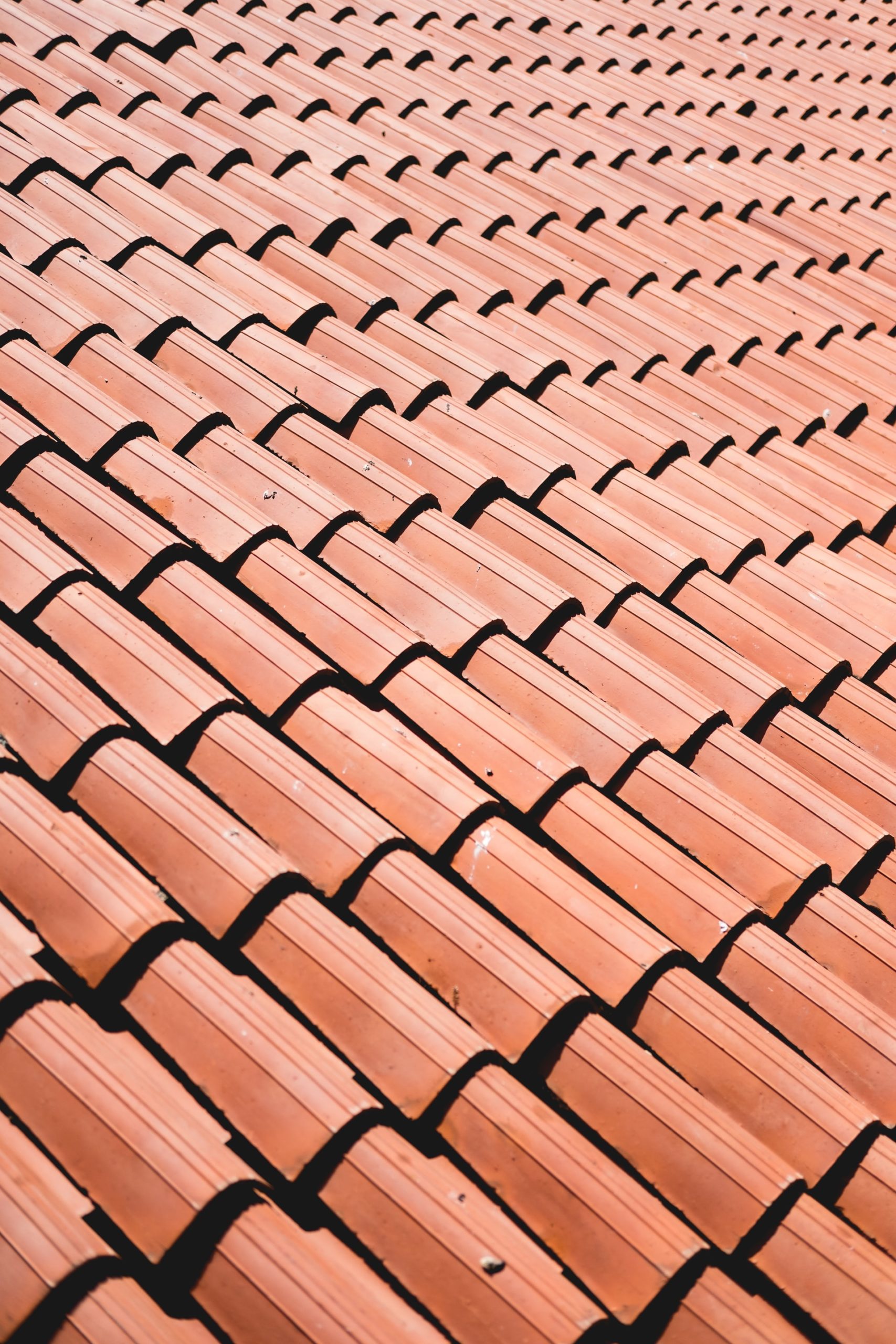Professional home or building inspectors perform home inspections. Building inspectors ensure the property is safe to live in and that construction methods and materials comply with the regulations. They also check critical systems, such as the home’s electric and heating systems, to determine if they’re up to code and working correctly. Home inspectors can also identify structural damage that may make a home unsafe to occupy.
People get home inspections to verify a home’s condition before they buy it. The inspection report can help potential buyers determine if they should cancel their offer or renegotiate the terms of sale to compensate for repair costs. Look for these crucial details from a home inspection to ensure you’ve thoroughly evaluated the property.
Roof
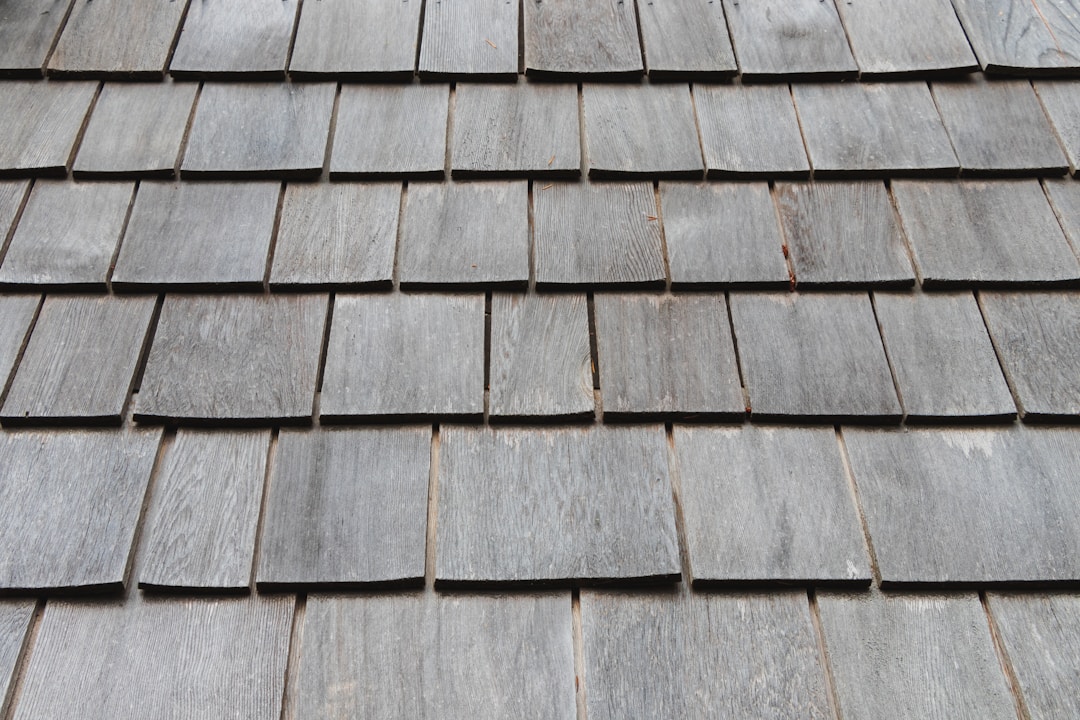
Your home’s roof plays a crucial role in preserving your house, property, and health. Damaged roofs allow precipitation to enter your home. This causes moisture to build up inside your house. The moisture can cause mold growth, destroy personal property, and rot through your attic floor, ceilings, and support beams. Mold can cause health problems, such as respiratory issues and skin irritation.
Heating System
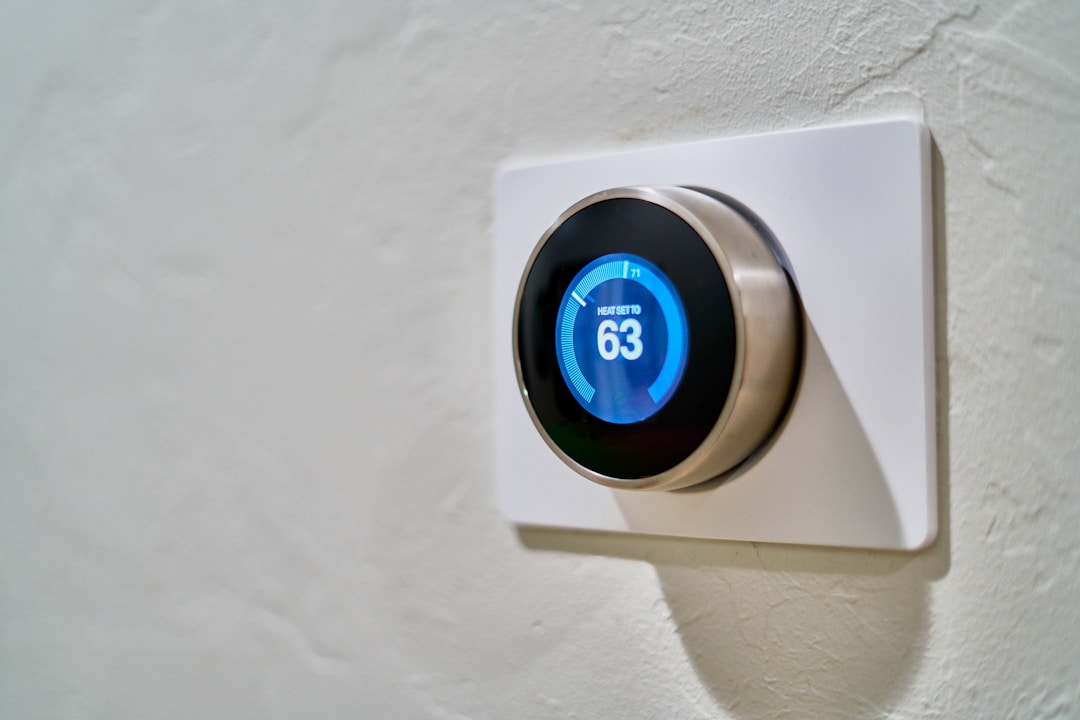
Your home’s heating system maintains the internal temperature of your home. Ineffective heating systems may consume more energy because they have to work harder to maintain a desired internal temperature. Home inspectors should check to ensure the heating system has been maintained and works correctly. They should also make vents aren’t blocked.
Qualified home inspectors know how long different heating systems last. While electric heating systems can last up to 30 years, the average lifespan of a gas furnace is 15 to 20 years. This means if you have a house with a 20-year-old gas furnace inspected, you can expect to replace the furnace soon. Systems with poor maintenance records are also more likely to break down, leading to high repair bills. Your home inspection should clarify the type of heating system present, its age, and its condition. Your home inspector may also provide information about the heating system’s energy efficiency and whether you can reduce energy costs by installing a newer system.
Fire Hazards
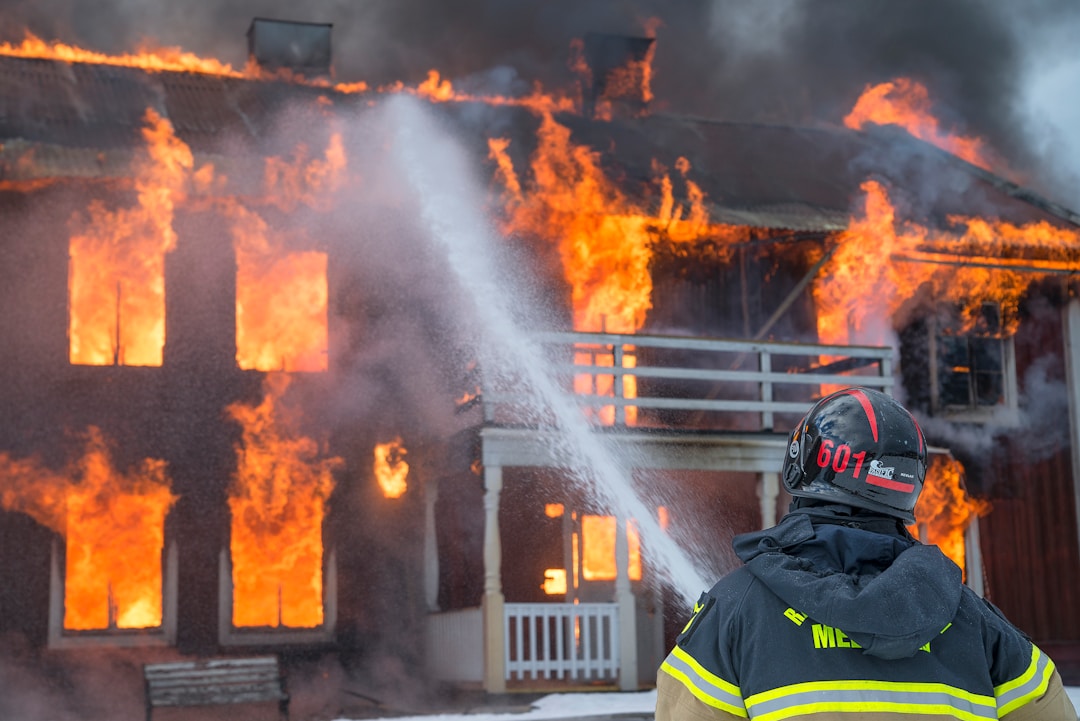
Your chimney is a fire hazard. Creosote builds up inside your chimney when you use it. Creosote is highly flammable and, unless the chimney is cleaned regularly, it will eventually catch fire. Debris can also be dropped inside your chimney if birds nest near the top or if branches scrape your roof. Flammable debris can also start a house fire. Home inspectors should also note other fire hazards. Basement bedrooms need to comply with fire safety regulations to ensure occupants have access to a suitable fire escape.
Electrical System
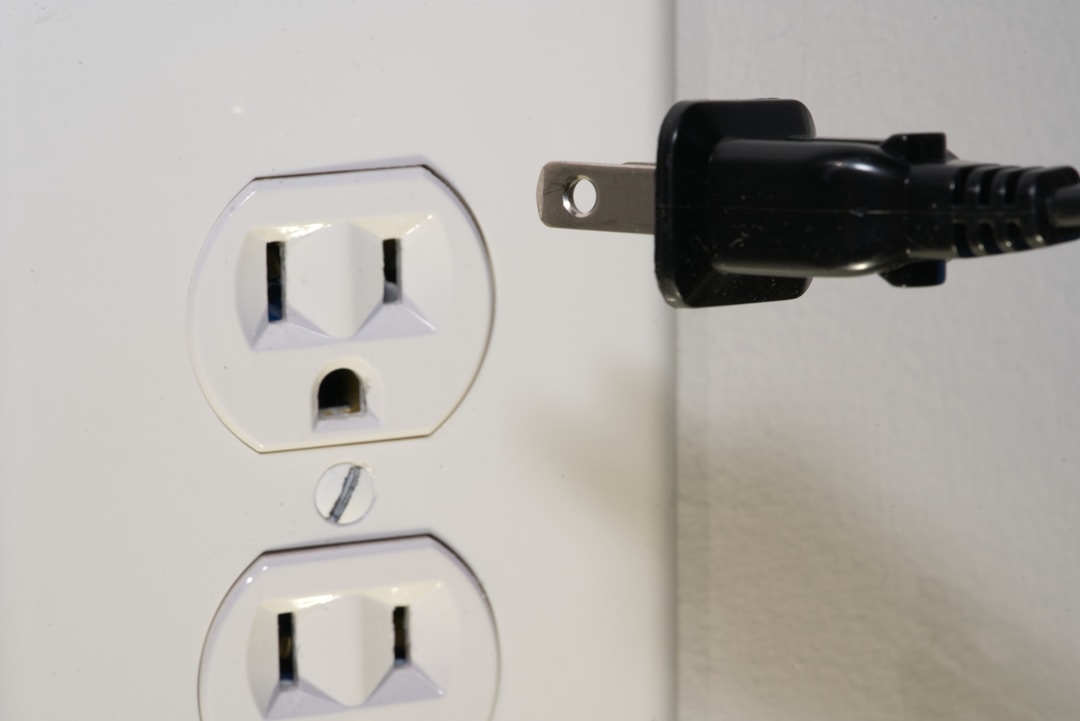
A home’s electrical system can also be a fire hazard. Older homes may lack the power required to operate modern appliances, which can cause blown fuses or house fires. Rodents can damage your electrical wires. This can disrupt your power supply and cause fires. Your home inspection should reveal how old your electrical system is, whether there are sufficient outlets in each room and whether the outlets are grounded.
Plumbing

Older homes may have severe plumbing issues that can cost thousands to repair. Clay pipes may crumble, causing blockages or backups that can damage the house and cause health problems. Abandoned septic systems can also collapse. Lead pipes can cause lead poisoning. Women with higher lead levels are more likely to miscarry. Lead poisoning has also been linked to learning disabilities and behavioral problems in children. Your home inspection should identify the type of pipes used, the age of the plumbing system, and whether there are indications of blockages present, such as standing water in sinks.
Home inspectors evaluate properties to determine if they’re safe. They prepare a report highlighting potential safety problems, such as the presence of lead pipes, roof damage, or an outdated electrical system. Obtaining a home inspection before purchasing a property can prevent you from buying an outdated home requiring extensive repairs.

